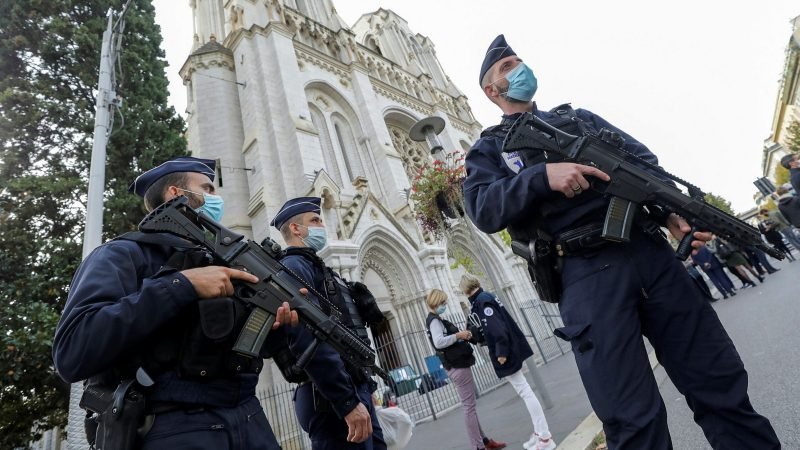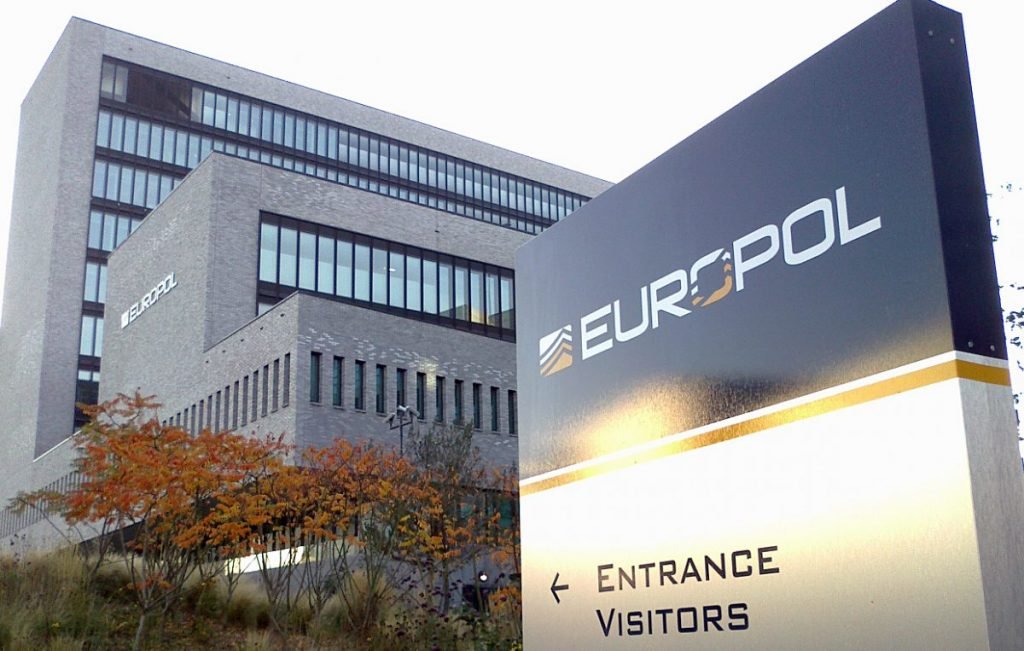The EU approach of Combating Terrorism

Recently, in order to step up the fight against terrorism and violent extremism and increase the EU’s resistance to terrorist attacks, the Commission has presented a new Counter-Terrorism Agenda for the EU. The plan aims to assist the Member States in better predicting, preventing, defending, and reacting to the terrorist threat, building on the work carried out in recent years. Europol, the EU Agency for law enforcement cooperation, will provide stronger operational aid to Member States’ investigations under the updated mandate proposed in the meeting.
The vice president of the European Commission said “Our best defence against the threat of terrorism is the inclusive and rights-based pillars of our Union. We are that the appeal of radical narratives by creating inclusive communities where everybody can find their position. The European way of life is not optional at the same time, and we must do everything in our power to avoid those who are trying to undo it. With today’s Anti-Terrorism Agenda, we are focused on investing in the resilience of our communities through tailored steps to help counter radicalization and protect our public spaces from attacks.’
Commissioner for Home Affairs, Ylva Johansson, said: “With their Counter-Terrorism Agenda, they are trying boosting experts’ ability to anticipate new threats, to help local communities to prevent radicalization, by giving cities the means to protect open public spaces through good design and ensuring responding quickly and more efficiently to attacks and attempted attacks. he also proposed to give Europol the modern means to support EU countries in their investigations.”

Anticipation, avoidance, security, and reaction steps
The recent surge of attacks on European soil has served as a clear reminder that terrorism remains a real and present threat. As this challenge emerges, so is the need for collaboration to address it.
The Counter-Terrorism Agenda aims at:
- Identifying vulnerabilities and building capacity to anticipate threats: –
Member States should make sure that the Intelligence and Situation Centre (EU INTCEN) can rely on high-quality feedback to improve situational awareness in order to better anticipate threats as well as potential blind spots. The Commission intends to set up advisory missions to assist Member States in carrying out risk assessments as part of its forthcoming proposal on the resilience of critical infrastructure, building on the experience of the EU Protective Security Advisors pool. Security analysis will help boost early detection of emerging threats while investing in new technology will help keep ahead of the curve in Europe’s counter-terrorism response.
- Attack prevention through tackling radicalization: –
It is important that the European Parliament and the Council adopt rules on the removal of terrorist content online as a matter of urgency, in order to counter the spread of extremist ideologies online. Afterward, the Commission plans to support their application. The EU Internet Forum will develop a moderation guide for publicly available online content for extremist materials.
Promoting inclusion and creating opportunities through schooling, community, youth, and sports will lead to integration and the prevention of radicalisation in communities. The Action Plan on integration and inclusion would help to create resilience in the community.
The Agenda also focuses on the strengthening of prevention measures in jails, paying special attention to the recovery and reintegration, even after release, of radical inmates. The Commission will recommend the creation of an EU Knowledge Centre, bringing together policy makers, practitioners, and academics, to disseminate knowledge and expertise on radicalization prevention.
- Promoting protection by design and reducing vulnerabilities to protect towns and individuals: –
Many of the recent attacks in the EU have targeted heavily populated or highly symbolic spaces. The EU will step up its efforts to ensure that public spaces, including places of worship, are physically secured by protection by design. The Commission recommends that cities are brought together around the EU Pledge on Urban Protection and Sustainability and that funding be made available to help them reduce the insecurity of public spaces. The Commission has also introduced steps designed to make vital infrastructure more robust, such as transit hubs, power stations, or hospitals. In order to improve aviation safety, the Commission will discuss options for a European legal structure for the deployment of security officers on the flights.
All those entering the EU, citizens or not, must be checked against the relevant databases. The Commission will support the Member States in ensuring such systematic checks at borders. The Commission will also propose a system ensuring that a person who has been denied a firearm on security grounds in one Member State cannot lodge a similar request in another Member State, closing an existing loophole.
- Stepping up operational support, prosecution, and victims’ rights to better respond to attacks: –
EU-wide police collaboration and sharing of information are crucial to reacting effectively to attacks and bringing the perpetrators to justice. In 2021, the Commission will recommend an EU Code of Police Cooperation to improve cooperation among law enforcement agencies, particularly in the fight against terrorism.
A large number of crime and terrorism cases contain encrypted information. The Commission will work with the Member States to identify potential legislative, operational and technological legal access solutions and to encourage an approach that preserves the efficacy of encryption in the defence of communications privacy and security, while at the same time providing an effective response to crime and terrorism. The Commission would recommend, in order to better support investigations and prosecutions, to create a network of counter-terrorism financial investigators, including Europol, to help trace the money trail and identify those involved. The commission will also further promote the use of battlefield information by
the Member States for the identification, detection, and prosecution of returning international terrorist fighters.
The work on anticipating, preventing, protecting, and responding to terrorism will involve partner countries, in the EU’s neighbourhood and beyond; and rely on stepped-up engagement with international organizations

The stronger mandate for Europol
The Commission proposed to enhance the mandate of Europol, the EU law enforcement cooperation agency. Given that the services provided by private companies to attract supporters, organize attacks, and disseminate propaganda inciting more attacks are frequently misused by terrorists, the revised mandate would help Europol better coordinate with private parties and relay relevant evidence to the Member States. Europol, for example, would be able to serve as a focal point in the event that it is not clear which Member State is competent.
The new mandate will also allow Europol to process large and complex datasets; to improve cooperation with the European Public Prosecutor’s Office as well as with non-EU partner countries; and to help develop new technologies that match law enforcement needs. It will strengthen Europol’s data protection framework and parliamentary oversight.


















